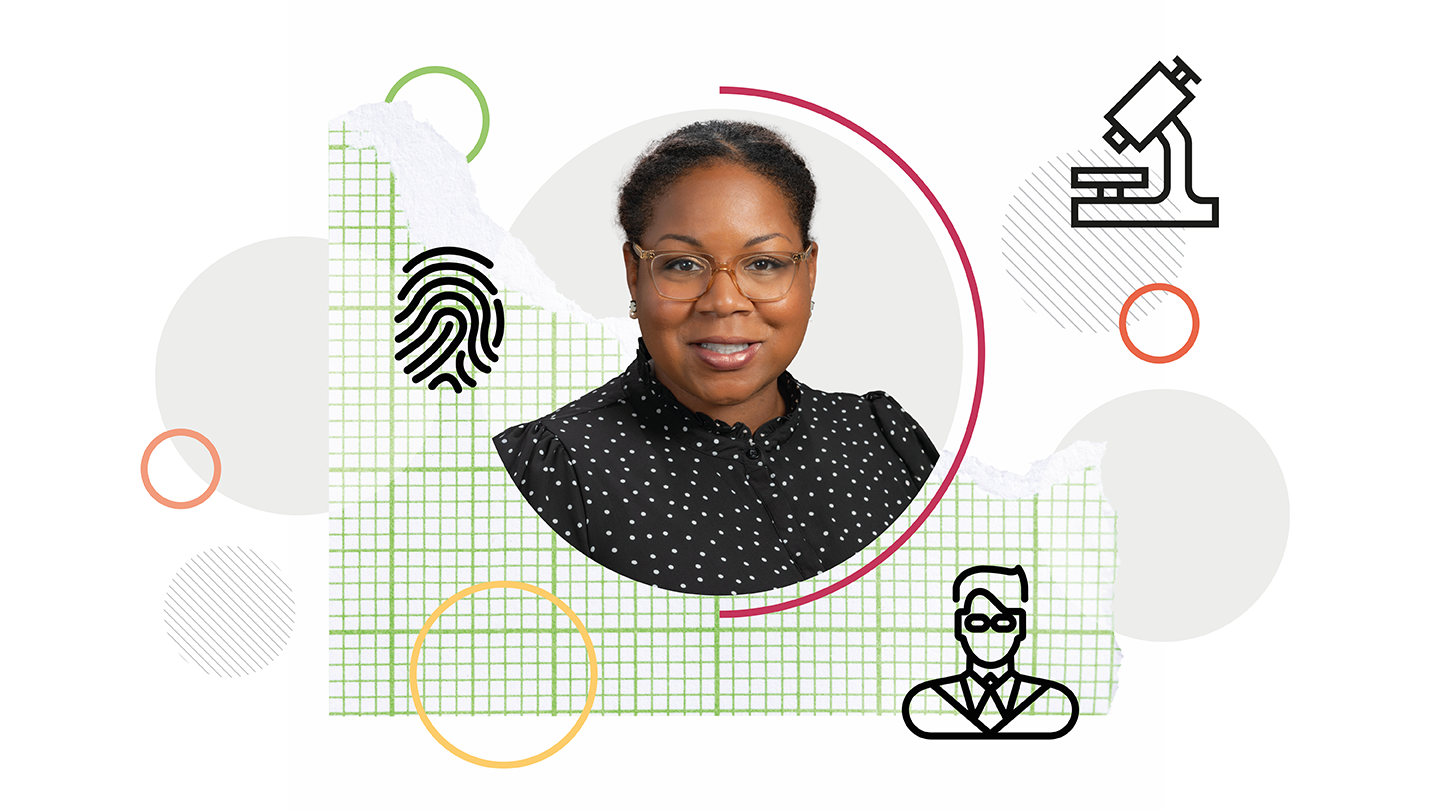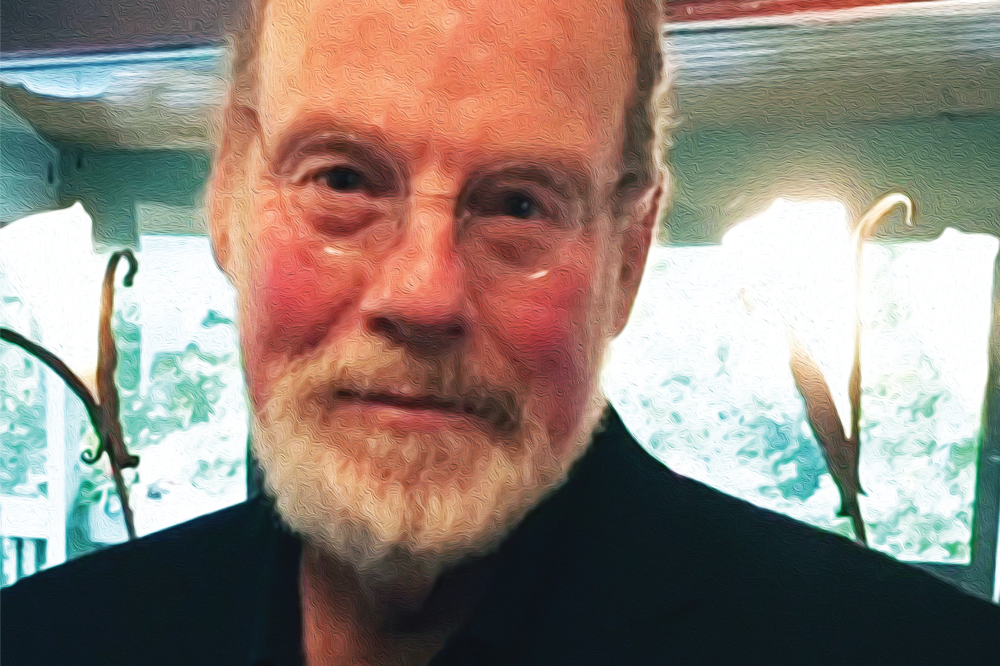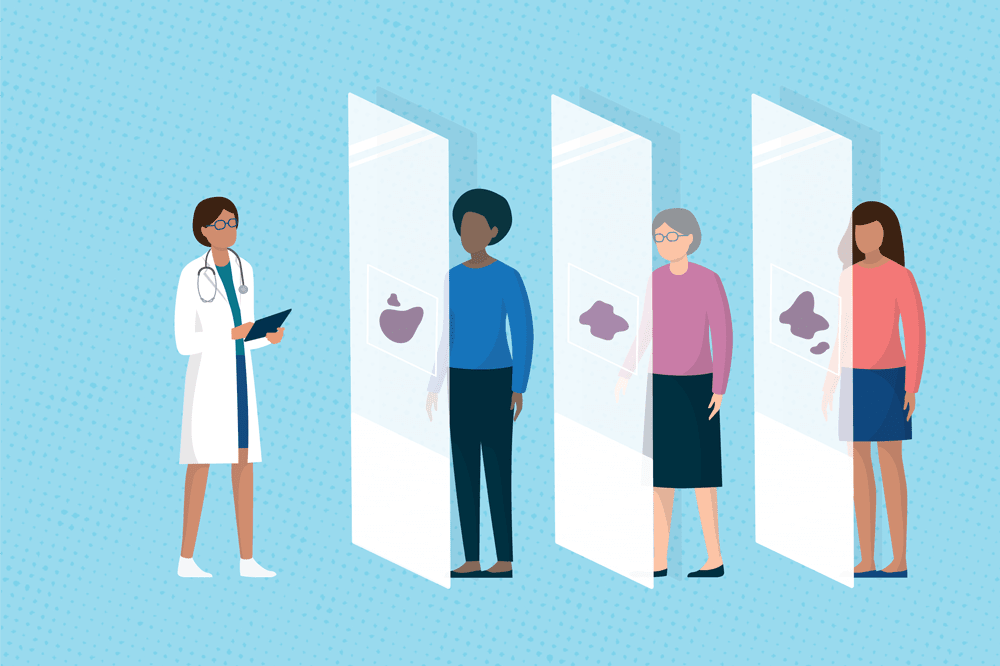
Tell us about your career – how did you get to where you are now?
My career path has been very winding but fun. I originally entered medical school set on becoming a surgeon. I was President of the surgical society, published and presented in surgery, and matched into a surgical residency in North Carolina at Wake Forest Baptist Medical Center – a very busy surgical center.
However, once I started, I quickly realized I was more fascinated by the specimens coming out of surgery than by the procedures themselves. It made sense to me to switch to pathology. My program director was supportive, and since the surgery program had a large pool of residents, the transition was relatively smooth.
I attended Tulane for medical school, and there happened to be an opening in the pathology program at LSU just down the street. I applied somewhat blindly but was drawn to pathology’s focus on disease and specimen analysis. I entered the match process and secured a spot.
What really drew me to pathology – and autopsy and forensic pathology specifically – was the ability to still work with my hands, to study the extent of disease, and to support grieving families in a unique and meaningful way.
I completed forensic pathology training in New Mexico and started my career in Chicago during the pandemic, which was extremely intense. Eventually, I moved to Seattle and found my way into my current academic role. Interestingly, several forensic pathologists across the country reached out to encourage me to apply – they felt it would be a good fit.
Now, at the University of Washington, I work with residents, help build programming, and focus on promoting autopsy and forensic pathology. We desperately need more specialists in these fields, and I’m hoping that during my time here, I can inspire and mentor the next generation to carry this important work forward.
What’s your favorite part of what you do?
Right now, the US is struggling through a lot – especially those of us in scientific fields – and it’s been a difficult time for many people. Lately, what has kept me grounded and brought me joy is working with residents and medical students.
Seeing their excitement to learn, to serve, and to use research as a positive outlet has been incredibly rewarding. Teaching them and helping them find peace through their work always brings me joy. I’m always happy to stay late and work with them – it’s one of the best parts of what I do.
What’s the hardest part of what you do?
I have two answers. First, I actually enjoy testifying. However, the process between completing a case and it finally going to trial can take years. Subpoenas often arrive all at once – usually early in the year – and it becomes a challenge to juggle them with vacation plans and work schedules. Even then, many trials get postponed, making it a frustrating and unpredictable process. If you don’t respond properly to a subpoena, there’s even a risk of legal consequences.
Second, and more importantly, I think the hardest part of this work is the secondary, or vicarious, trauma we experience. It’s especially intense in forensics, where we deal directly with traumatic deaths, but even pathologists working behind a microscope can face emotional strain from diagnosing devastating diseases.
As a profession, we haven’t done enough to acknowledge or address this. We need to bring in more mental health resources, provide real tools and support, and encourage people to seek help when needed. We can't completely prevent burnout or breakdowns, but we could definitely do a better job of preparing and supporting one another.
Tell us about a memorable experience in your career so far.
It’s hard to choose just one, but one of my most memorable cases happened when I was working in another state. A young firefighter – whose wife was pregnant at the time – died during a training exercise. They were practicing underwater recovery drills, and the firefighters had to wear scuba gear with extra weight to simulate retrieving bodies from water.
During the exercise, he didn’t resurface. When I performed the autopsy, he was a young, healthy individual, and the findings were negative. I immediately asked for his equipment to be collected, because when deaths occur during training, faulty equipment is often involved. Testing later showed serious failures in the gear, which likely led to his drowning.
Initially, officials tried to argue that his death wasn’t job-related, which would have denied his family important benefits. But I carefully documented my findings in a strong, detailed report, making it clear this was absolutely a line-of-duty death. Because of that, the decision was reversed.
His son, who was born after his death, now has access to free education and other benefits – something that would have been life-changing for the family.
Having lost my own father at a young age, this case resonated with me personally. It reminded me why advocating for families through careful, honest forensic work is so important. Writing that report and helping secure justice for them was truly meaningful – and something I’ll never forget.
What’s one thing you’d like people to know about what you do?
It depends who the audience is. If I were speaking to future pathologists or those undecided about their subspecialty, I would say forensic pathology is one of the most marketable fields in medicine. You can work in academia, like I do, or in the community full-time at a medical examiner or coroner’s office. You can work independently, filling in at different offices, or volunteer with organizations like the Innocence Project or work with public figures and advocacy groups.
As a forensic pathologist, you are the expert on death across every stage of life – even in utero – and your expertise is highly valued.
And to the general public, I wish more people understood how essential forensic pathology is to public health. When we’re doing our job well, it often goes unnoticed, but we are critical to every public health initiative involving fatal outcomes.
Think back to COVID-19: autopsies were vital for gathering data, certifying deaths accurately, and informing vaccine development. We are also deeply involved in addressing gun violence, the opioid epidemic, and consumer product safety. Forensic pathologists provide feedback for hospital quality improvement, clinical trials, and so much more.
People often call us the "last responders," but we are also first responders to emerging fatal threats. In many ways, we are every responder – and I wish more people recognized the impact we have.
How would you describe forensic pathology in five words or less?
Disease, injury, public health, death.




